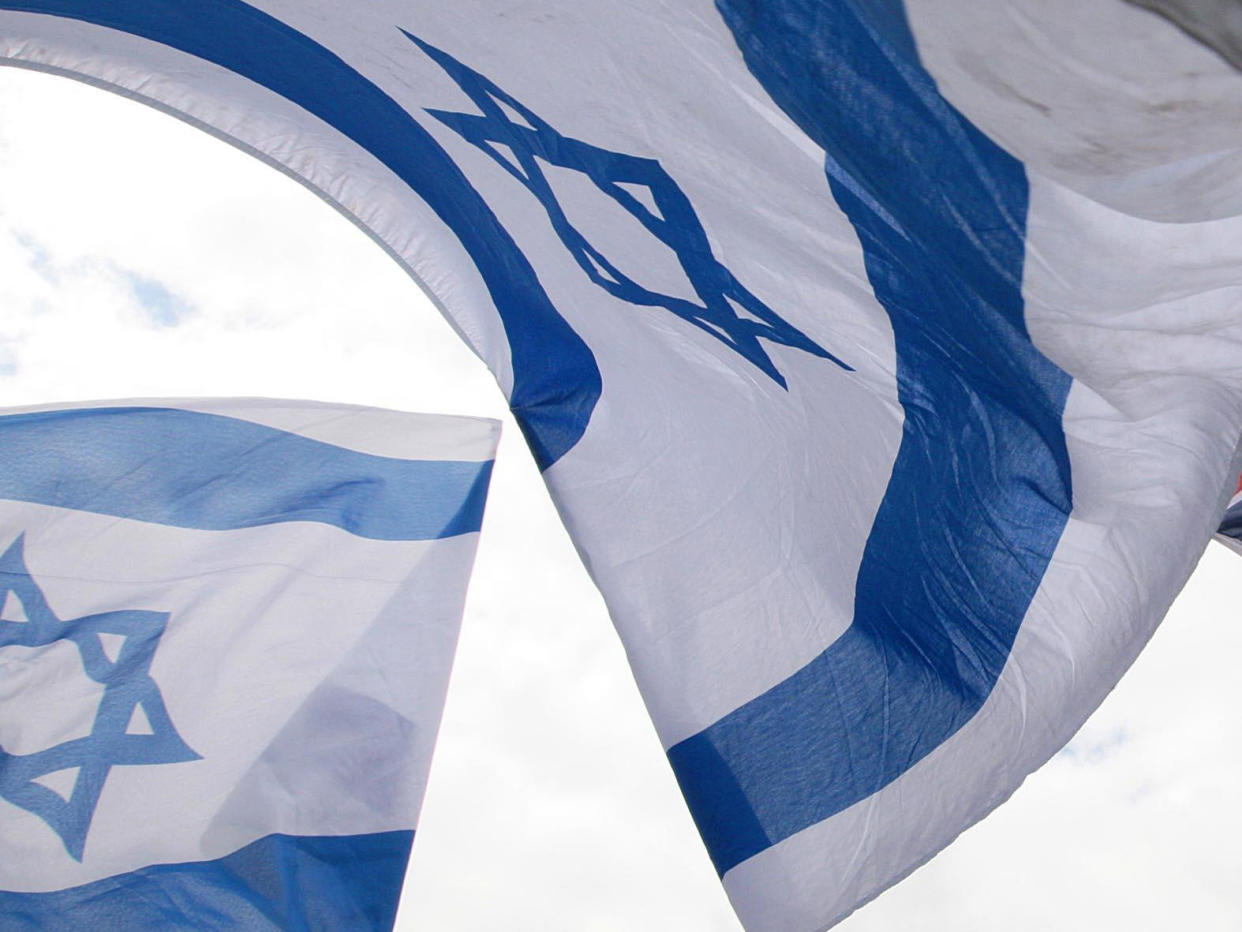UK puts UN Human Rights Council 'on notice' over 'anti-Israel bias'

The UK has put the United Nations Human Rights Council "on notice" over what it called its "disproportionate focus on Israel".
On the final day of the council's 34th session the UK mission to the UN said it would vote against all resolutions about Israel's conduct in the occupied Syrian and Palestinian territories if things did not change.
While it made clear its "serious concerns about the growth in illegal demolitions and settlement activity" and said the UK stood "shoulder to shoulder with the international community" in support of a two-state solution, it added the council's "unacceptable pattern of bias" would only make the goal harder to achieve.
The statement, made during the deliberations on Friday, continued: "The trend of Israeli conduct in the occupied Palestinian territories over the past year has been negative.
"But we must also recognise the continuing terrorism, incitement and violence that Israel faces. Renewed Hamas efforts to rebuild their tunnels are a grave concern. The scourge of anti-Semitic incitement and glorification of terrorism continue.
"And yet neither 'terrorism' nor 'incitement' were a focus of this week’s council discussions and resolutions. This is not acceptable."
The mission also questioned why Israel was still a standing agenda item while "Syria’s regime butchers and murders its people on a daily basis".
According to UN documents, the United States was also "disappointed that the council continually singled out Israel for criticism without fully acknowledging the violent attacks directed against its people, nor the obligations and difficult steps required of both sides".
Briefing notes showed US representatives saw Israel's agenda item status as "among the largest threats to the credibility of this body".
German Chancellor Angela Merkel said on Friday she was concerned about Israel's building of settlements in the occupied West Bank, which she said was undermining progress towards a two-state solution for Israel and the Palestinian territories.
Israel is building settlements in the occupied West Bank and East Jerusalem—which it seized in a 1967 war and has occupied for nearly 50 years—where Palestinians want to establish their state and capital.
"I see no reasonable alternative to the goal of a two-state solution," Ms Merkel told reporters before holding talks with Palestinian President Mahmoud Abbas in Berlin.
On the issue of the settlements, she added: "I am very concerned about developments in the West Bank, which are leading to an erosion of the basis for a two-state solution."
And Donald Trump’s administration has threatened to withdraw from the Human Rights Council, arguing that the US wants to improve global human rights and defend Israel.
Secretary of State Rex Tillerson wrote in a letter to nine UN advocates and human rights groups that the council must undergo "considerable reform for us [the US] to participate" and that the US "continues to evaluate" the council's effectiveness.
Mr Tillerson, who has been given authority as to how and when the US executes its funding cuts to the UN, said he was concerned about the human rights record of other countries in the 47-member council, such as China, Egypt and Saudi Arabia.
Additional reporting by agencies

 Yahoo News
Yahoo News 
